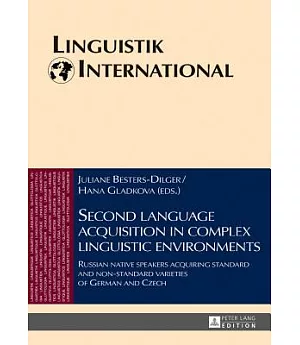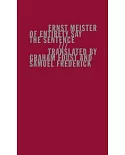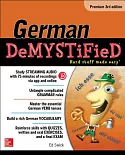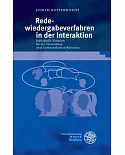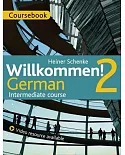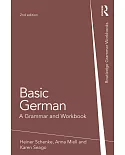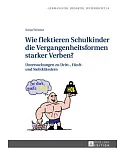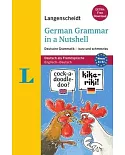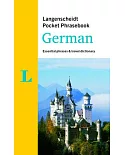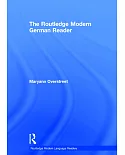Russian-speaking immigrants residing in the Czech Republic or Germany are faced with the challenge of acquiring the Slavic (Czech) or Non-Slavic (German) language of the new environment. This
process is influenced by their native language. The volume empirically analyses the acquisition of a related language compared to that of a non- or distantly related one and explores how the
non-homogeneous language of the new environment – situation of diglossia in the Czech Republic, diaglossia in Germany – influences this acquisition. It additionally examines the impact of
several sociolinguistic factors on L2 acquisition, especially age.

